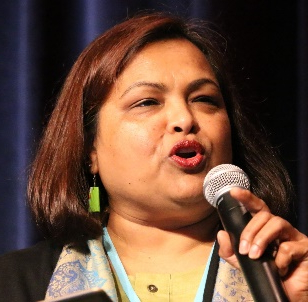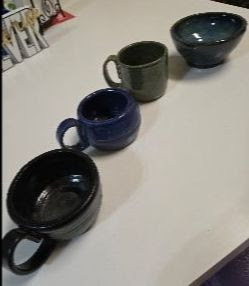Dear Broadway Family,
In this last week of the month, I learned about The Combahee River Collective Statement, a statement published in 1977, advocating that society should be reorganized based on the collective needs of those who it most oppresses.

It was written by a Black, lesbian, womanist organization, and is considered to be one of the most foundational texts of contemporary Black feminism, and influences Black liberation work today.
The Combahee River Collective was a Black, lesbian, womanist organization in Boston, committed to work against “racial, sexual, heterosexual, and class oppression because, according to them, the white feminist movements were largely white and prioritized their needs, and the Civil Rights Movement constantly sidelined Black women, particularly Black LGBTQ+ women. The statement also introduced the concept of “identity politics” -- how people organize, politically, based on the oppression they face, and became the predecessor to what we know today as “intersectionality,” coined by professor Kimberlé Crenshaw in 1989.
If you wish to learn more about the Combahee River Collective, their statement or more about the Black stories, I bring to your attention the digital Clayton Museum which was single-handedly curated by Mayme Agnew Clayton -- a librarian by profession. By the end of her lifetime, she had personally collected over 2 million artifacts and over 30,000 out of print books. This is considered to be the largest and most academically substantial independent collection of African American history and culture, and is now housed at the California State University, Dominguez Hills (CSUDH).
Beloveds, even though the officially designated Black History Month is almost over, we will continue to remember, celebrate and share the stories of the marginalized and oppressed people. We also need to continue to:
- Shop at minority and women owned businesses,
- Speak against any race injustice that we may witness anywhere,
- Join us for worship to celebrate the stories of resilience of those who work tirelessly to bring justice to communities of culture.

Let us also continue to do our part in making this world a just and safer place for all God’s people! Please stay safe and take good care of yourself. I will see you in worship.



